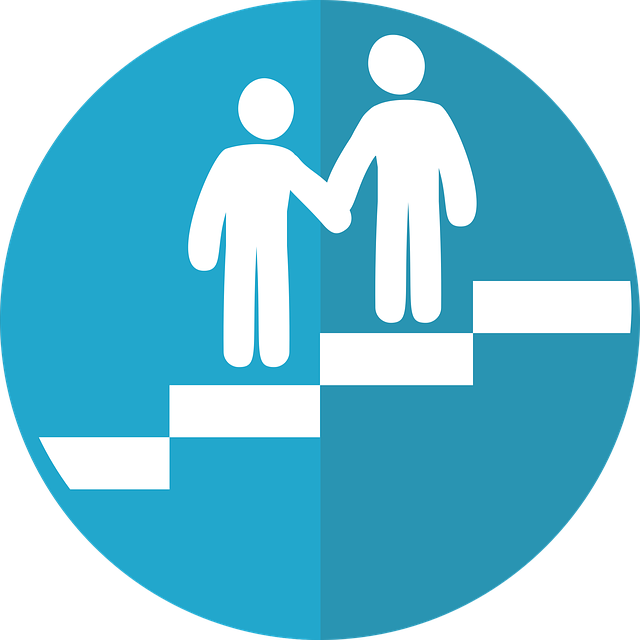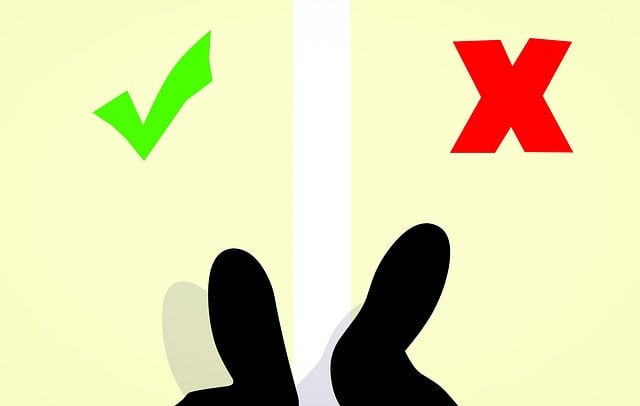Oregon's robust child welfare system is governed by laws like the Child Welfare Code (ORS Chapter 419) and Youth Welfare Code (ORS Chapter 427), prioritizing protection, nurture, and permanent housing for at-risk youth. Professional resources, including legal guides, court forms, and regulatory updates from state libraries, empower child welfare attorneys to provide accurate, up-to-date advice and representation. These resources, alongside access to legal aid organizations and pro bono services, ensure fair practices, protect children's best interests, and foster successful outcomes for families within the Oregon child welfare system.
“Uncover invaluable resources tailored for Oregon child welfare attorneys. This comprehensive library navigates the intricate landscape of state laws and regulations, empowering legal professionals with essential knowledge. From a detailed guide on key legislation to practical tools for efficient case management, each section offers specialized support.
Explore professional development opportunities, including CLE programs, and access exclusive templates and forms specific to Oregon’s child welfare system. Additionally, discover advocacy resources, funding information, and networks dedicated to enhancing services for children and families in need.”
- Oregon Child Welfare Laws and Regulations: A Comprehensive Guide
- – Overview of key laws governing child welfare in Oregon
- – Legal rights and responsibilities for parents, guardians, and service providers
- Professional Resources for Attorneys Supporting Child Welfare
Oregon Child Welfare Laws and Regulations: A Comprehensive Guide

Oregon’s child welfare laws and regulations form a comprehensive framework designed to protect and support vulnerable children. These laws cover a wide range, including foster care placement, termination of parental rights, adoption procedures, and the overall well-being of minors within the state. Legal professionals specializing in child welfare, such as attorneys, play a crucial role in navigating this intricate legal landscape. Accessing Oregon-specific professional resources is essential for these experts to ensure they provide accurate and up-to-date advice and representation.
The state’s resource library offers an invaluable collection of materials tailored to practitioners in the field. This includes legal guides, court forms, research papers, and regulatory updates, all designed to streamline the work of child welfare attorneys. By leveraging these professional resources, legal professionals can stay informed about recent changes, interpret complex regulations, and offer the best possible support for children and families involved in the child welfare system.
– Overview of key laws governing child welfare in Oregon

In Oregon, the framework for child welfare is established through a comprehensive set of laws designed to protect and nurture vulnerable youth. Key statutes include the Child Welfare Code (ORS Chapter 419), which outlines the role of the Department of Human Services in providing services and ensuring safety, and the Youth Welfare Code (ORS Chapter 427), focusing on juvenile court procedures and the rights of young people involved in the system. These laws guide the process for removal, placement, and reunification, emphasizing a child’s best interests and permanent housing as primary goals.
Professional resources play a vital role in navigating this legal landscape. Oregon offers an extensive array of tools for child welfare attorneys, including access to case law, administrative rules, and state-specific guidelines. These resources facilitate informed decision-making, ensuring compliance with regulations while advocating for the rights and well-being of children within the state’s care.
– Legal rights and responsibilities for parents, guardians, and service providers

Understanding legal rights and responsibilities is a cornerstone for parents, guardians, and service providers navigating the complex landscape of child welfare. In Oregon, all parties involved have specific entitlements and obligations outlined in state laws and regulations, designed to ensure fair practices and protect the best interests of children. Parents and guardians have the right to be informed about their case, participate in decision-making processes, and access legal representation. Service providers, such as social workers and attorneys, are bound by ethical guidelines and professional standards, ensuring they act in the child’s best interest while respecting family autonomy.
The Oregon child welfare system provides a wealth of professional resources to support these individuals. Legal aid organizations, state agencies, and private law firms offer pro bono services, legal advice, and representation tailored to child welfare cases. These resources empower parents and guardians to comprehend their rights, challenge inappropriate practices, and actively engage in fostering environments that promote children’s well-being and long-term success.
Professional Resources for Attorneys Supporting Child Welfare

Oregon child welfare attorneys can benefit from a robust library of professional resources tailored to navigate complex legal issues surrounding child protection and family services. These resources range from comprehensive legal databases to specialized training programs, all designed to enhance knowledge, improve case management, and ensure adherence to evolving legislation.
Attorneys dedicated to child welfare matters can access state-specific guidelines, court decisions, and policy updates that directly impact their practice areas. Additionally, networking opportunities through local and national bar associations foster collaboration, allowing attorneys to share insights and best practices in handling delicate cases involving minors. Such professional resources empower legal professionals to provide the highest level of representation for children and families in need.






